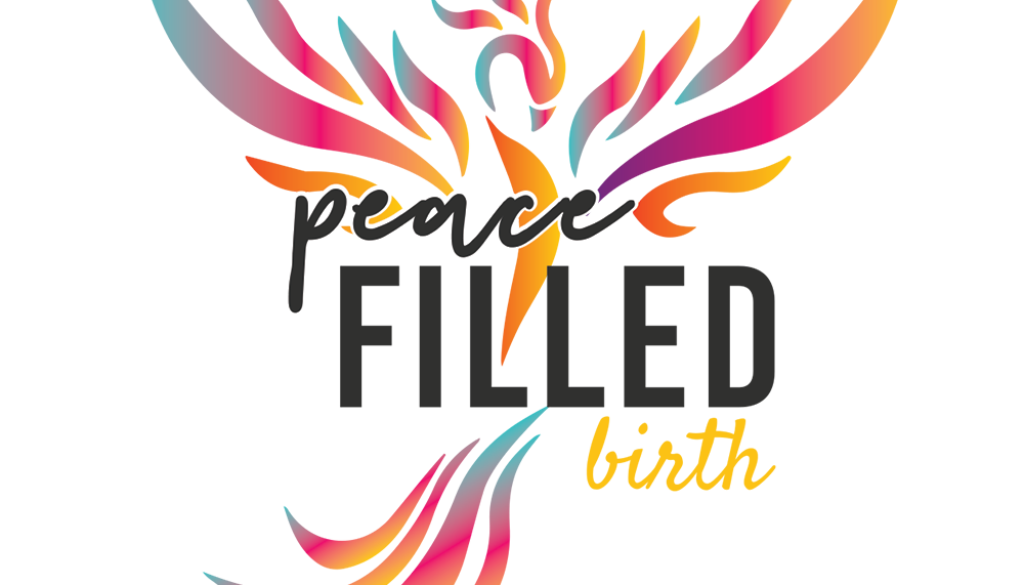The Stages of Grief
In just three months time, my grandmother and father transitioned. Both deaths were sudden and while I was more prepared for my grandmother to cross over into the ancestral realm, it still hit me in ways I did not expect.
Grief is this wild beast that can feel so large and all-encompassing. It becomes engrained in you and you almost don’t notice it. It’s highs and lows. It’s moments when you realize that your father won’t be there to walk you down the aisle. It’s the moments when you realize that your children won’t grow up with your dad in their lives. It’s moments when you feel like you can “get bak” only to let yourself down.
Grief is defined as a natural response to loss. It can take many different forms and everyone experiences grief differently. There are some common stages that many people go through – in varied orders. Education is key and grace is your friend. Understanding these stages can help you better navigate the grieving process and find a path forward.
Stage 1: Denial
In this stage, you may find it hard to accept that your loss has really happened. You may feel numb or in shock, and may have trouble believing that the loss is real. This stage can also include feelings of anger or blame, as you try to make sense of what has happened. For me, it felt like everyone else around me was expressing their hurt and I was stuck. Then I would have waves of breaking down into tears.
Stage 2: Anger
Once the reality of the loss sets in, you may begin to feel angry or frustrated. This anger can be directed at yourself, at others, or even at the person or thing you have lost. It’s important to acknowledge and express these feelings, as they are a natural part of the grieving process. It’s okay to not be okay. You may feel some guilt for being angry, but anger is a natural emotion and should be experienced.
Stage 3: Bargaining
In this stage, you may find yourself trying to make deals with a higher power or with fate. You may feel like if you had done something differently, the loss could have been prevented. You may feel like you should have shown up sooner or like you should have called more, said more, done more. This stage can also include feelings of guilt or regret.
Stage 4: Depression
As the full weight of the loss sets in, you may begin to feel overwhelming sadness or despair. You may feel like the world is a dark and hopeless place, and may struggle to find joy in everyday activities. It’s important to seek support and talk to others during this stage, as depression can be a difficult and isolating experience. You may not even realize that you are depressed. You may feel tired, lazy or begin tasks just to realize that you don’t have the energy to complete them. Ask for support. Eat the things that feed your happy hormones and increase your physical touch. Connection is important during this stage.
Stage 5: Acceptance
In this final stage, you begin to come to terms with your loss and find a way to move forward. Know that moving forward does not mean that you will never feel sad or upset. It simply means that you are applying your coping skills and you are ready to shift your perspective. You are ready to acknowledge a world where your loved one does not exist in physical form.
While these stages can provide a framework for understanding grief, it’s important to remember that everyone’s journey is unique. There is no “right” way to grieve, and it’s okay if your experience doesn’t match up perfectly with these stages. The most important thing is to be kind to yourself and seek support when you need it.
Did you find this useful? If so, show us your support by following us on socials at @PeaceFilledCo and check out our offerings here.



